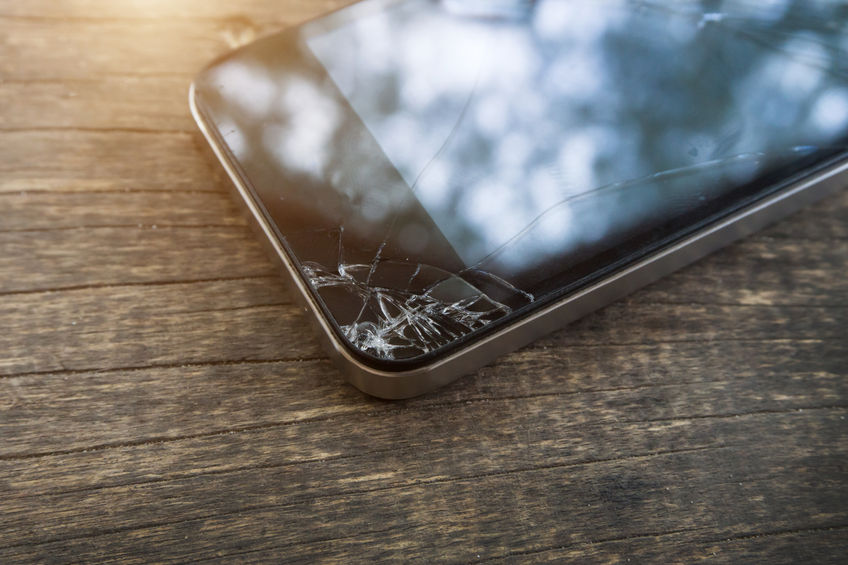
INQUIRER.net stock photo
Anyone who has dropped their smartphones and cracked the glass know the headache and cost that come with getting it repaired. Scientists working on a new type of polymer may have found the solution to giving smartphone screens the ability to fix themselves.
According to a study published on Science via The Guardian, University of Tokyo researchers are developing a polymer that could self-repair cracks on smartphone screens. All it would need is a little applied pressure from the user’s fingers.
The scientists call the polymer “polyether-thioureas” and it was discovered accidentally by graduate school student Yu Yanagisawa.
The name’s a bit of a tongue twister so marketing people may need to come up with a catchier nickname should the self-healing screen become commercially available.
Yu Yanagisawa had been working on materials to use as a glue when he noticed some unusual activity. He saw the surface of the polymer reconnect after being cut. All it needed was some manual compression for around 30 seconds at a room temperature of 21 degrees Celsius. Afterwards the polymer would reform into a clean sheet.
Further tests found the material could regain its former shape in just a couple of hours.
In an interview with Japanese network NHK, Yanagisawa said, “I hope the repairable glass becomes a new environment-friendly material that avoids the need to be thrown away if broken.”
According to the researchers, existing self-healing materials require high temperatures to induce self-repair. However, the polyether-thioureas is the first polymer developed that could self-heal in room temperature.
Apart from saving consumers the trouble of paying for expensive repairs or putting up with a broken phone screen, a self-healing display could also help reduce e-waste from smartphones. Alfred Bayle/JB
RELATED STORIES:
Fingerprint scanners may soon appear embedded in smartphone screens
Chinese woman gets iPhone refund twice; Face ID kept recognizing her colleague
New flash chip may give smartphones computer-like storage capacity